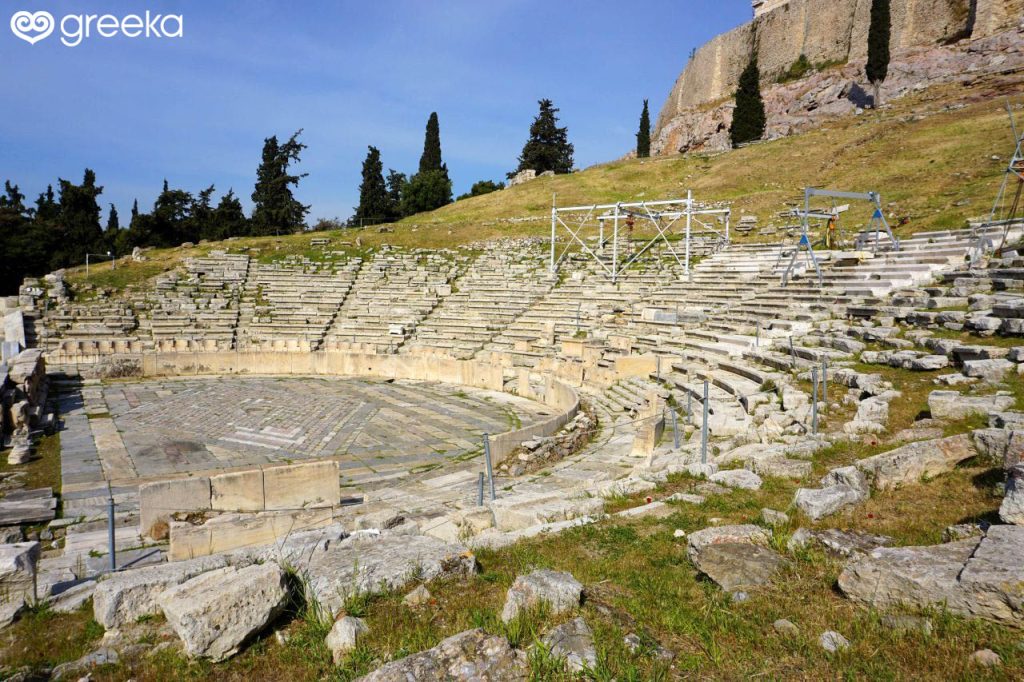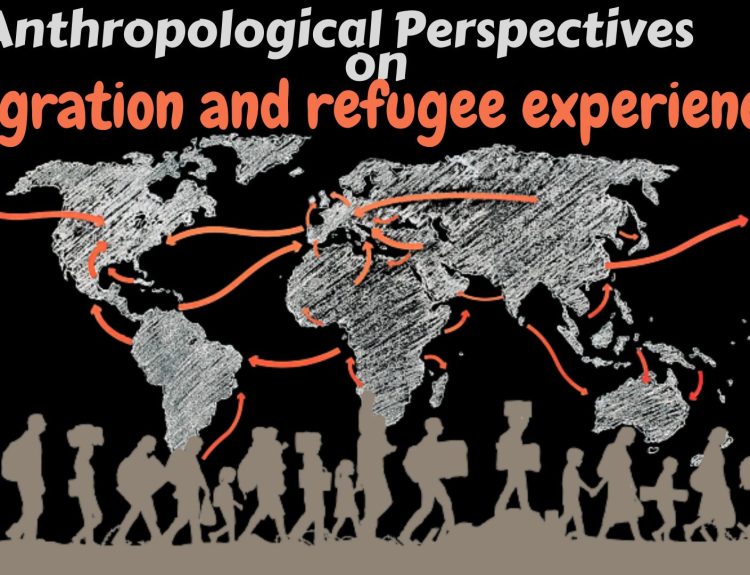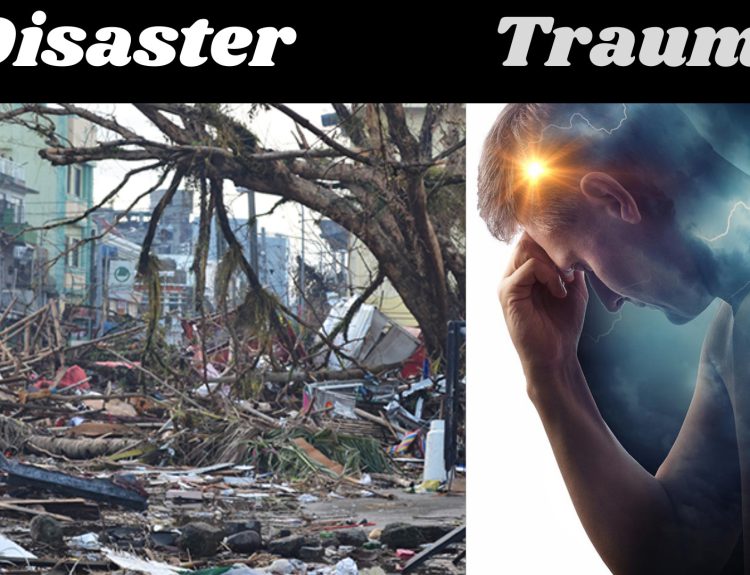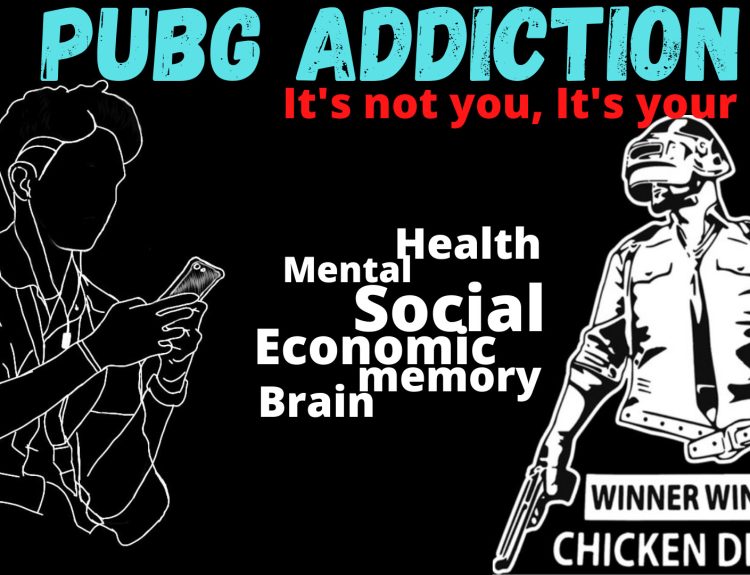March 27th marks World Theatre Day, a celebration of the art of theatre and its contribution to society and culture around the world. Theatre has been a part of human civilization for thousands of years, serving as a medium for storytelling, entertainment, and social commentary. On this special day, we recognize the importance of theatre in our lives and reflect on its role in shaping our world.
The word Theatre is derived from the ancient Greek word “Theatron” meaning “a place for viewing”.
A theatre is a place that accommodates a raised platform for hosting plays, shows, and diverse performances, ranging from small black box theatres to large huge auditoriums and open-air stages. It brings people together, creating a shared experience that is unique to each performance.
Performing art involves the live performance of actors on a stage in front of an audience. It is a collaborative art form that combines acting, writing, directing, stage design, and music to create a unique experience for the viewers.
The History and Significance of World Theatre Day
World Theatre Day was founded in 1961 by the International Theatre Institute (ITI), an organization affiliated with UNESCO that fosters international collaboration in the performing arts. The first World Theatre Day was celebrated on March 27th of that year, with the goal of raising awareness about the value of theatre and promoting its development worldwide.

Each year, a prominent theatre figure is chosen by the ITI to deliver a message to mark the occasion. This message is intended to inspire theatre practitioners and audiences around the world and to highlight the importance of theatre in our society.
The Impact of Theatre on Society and Culture
Theatre has played a significant role in human culture for centuries and continues to be an important part of society today. Theatre has the power to bring people together and create a shared experience, regardless of cultural, linguistic, or geographic boundaries. It can serve as a platform for expressing social and political issues, challenging dominant narratives, and promoting empathy and understanding.
Theatre is often seen as a reflection of society, with playwrights and directors using it as a means of exploring and commenting on issues that affect people’s lives. It has the ability to highlight the social, political, and cultural issues of a particular time and place. Through plays, musicals, and other forms of performance, theatre can provide insights into the values, attitudes, and beliefs of a society. Plays and performances can tackle issues such as racism, sexism, poverty, and political oppression, and can give voice to marginalized groups. By highlighting these issues, theatre can raise awareness and spark conversations about social change.

Theatre can also be a powerful tool for education and personal growth. It allows individuals to explore complex emotions and ideas in a safe and controlled environment, and to gain a deeper understanding of themselves and others. For children and young people, theatre can foster creativity, confidence, and social skills, and provide a sense of belonging and community. Theatre can teach valuable skills, such as public speaking, teamwork, and problem-solving. It can also help develop creativity and self-expression.
The Future of Theatre in a Changing World
As the world continues to evolve and change, so too does the art of theatre. Advancements in technology and communication have expanded the possibilities for creating and experiencing theatre, with virtual and immersive performances becoming more common.
However, theatre faces many challenges in the modern world, including funding constraints, competition from other forms of entertainment, and a changing audience demographic. In order to remain relevant and vibrant, theatre must continue to evolve and adapt, while staying true to its roots and values.
On World Theatre Day, we celebrate the enduring power of theatre to move, inspire, and transform us. Whether we are performers, directors, technicians, or audience members, we all have a role to play in keeping the art of theatre alive and thriving.
Read more
Role Of Theatre In Human Society








4 Comments
bursa gömülü diş çekimi
2 years agoBilgiler için teşekkür ederim işime son derece yaradı
Haber sitesi
2 years agoThis was beautiful Admin. Thank you for your reflections.
Denzel Quinn
2 years agoHi there to all, for the reason that I am genuinely keen of reading this website’s post to be updated on a regular basis. It carries pleasant stuff.
Isabelle Long
2 years agoAwesome! Its genuinely remarkable post, I have got much clear idea regarding from this post